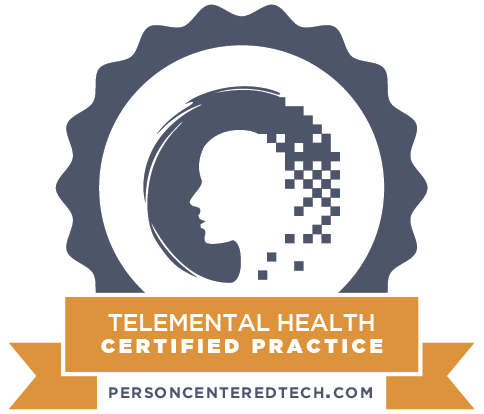by Mark Bell, LMFT, CSAT, PCS Staff Therapist and Claudine Gallacher, MA
Most parents understand that pornography is prevalent and easily accessible, but they convince themselves that their own good children would never be ensnared by it. Sadly, this is an all too common mistake. Many good, healthy, and normal children get pulled into porn. Here are three reasons why this is a natural result of biological programming, followed by three powerful strategies to porn-proof your own good kids.
Why Good Kids Are Pulled Into Porn
#1. Children are naturally curious.
Curiosity has an especially powerful role in childhood. Curiosity drives learning. Parents discover that curious children want to see, smell, touch, taste, and listen to new things. Humans crave and are hard-wired for novelty of all kinds, but most especially physical novelty (including sexual) experiences. It’s normal for kids to be curious about looking at both male and female naked bodies.
#2. All people, including children, are biologically designed to be drawn to sexualized images.
When children are exposed to sexual images or media they are naturally intrigued and can become excited, even aroused. This does not mean there is something wrong with them. In fact, it indicates that their bodies and brains are responding in a manner consistent with their human design. Pornography elicits within children a premature stimulation of sexual feelings. In other words, though sexual feelings typically awaken during puberty, pornography exposure often causes this aspect of human development to activate too early. Young kids, lacking sufficient life experience and brain maturity, don’t understand these newly awakened and intense sexual feelings and have difficulty coping with them. The end result is that a child will feel drawn to pornography and not know why. The child may or may not like seeing porn initially; nevertheless, the child will often feel an inner pull towards it. It’s important to understand that this pull is as biologically driven as the human preference for sweet foods. Virtually all of us like something sweet. Similarly, there is an aspect in all of us (yes, even children!) that innately responds to sexual images of some kind.
#3. Pornography produces powerful chemicals that reinforce a child’s innate attraction to it.
Besides activating the sexual template too early, porn can activate it too much. This is because pornography is a supernormal stimulus. What does that mean? Humans are hard-wired to be interested in male and female bodies, but under normal circumstances we aren’t exposed to endless numbers of people willing to undress and perform sex acts in front of us the moment we first meet! This “unnatural” sexual stimulus causes the brain to release an “unnatural” (unusually high) dose of a chemical called dopamine, often called the molecule of motivation. Author and behavioral scientist, Dr. Susan Weinschenk explains:
“The latest research shows that dopamine causes seeking behavior. Dopamine causes us to want, desire, seek out, and search. It increases our general level of arousal and our goal-directed behavior.”
When a child sees porn, that child’s brain will begin to release large amounts of dopamine, creating a drive for more, even in a child who did not like seeing pornography in the first place. Unfortunately, with repeated exposure, porn can become strongly woven into the tapestry of a young person’s developing sexual template. Eventually, porn might convince the brain that masturbation in front of a screen is more rewarding and even more normal than sexual experiences within a real, committed relationship.
It’s Normal to Be Enticed by Porn
Hopefully, you can see why good, healthy, and normal children are vulnerable to porn. When children become victims of pornography, they are merely responding naturally to an unnatural or supernormal stimulus. In fact, asking children to reject porn is asking them to have a biologically unnatural response to this supernormal stimulus. Falling prey to porn’s lure is our human default setting. Studies showing that 90% of college age males (and 30% of college age females) view porn regularly bear that out.
What’s a parent to do? 3 Strategies to Empower Your Good Kids
- Recognize porn’s power. Don’t assume that your child can withstand it alone. To stay free from porn, your child is going to need the power of your mature brain and your willingness to teach the skills necessary to reject porn. Telling your child that porn is bad and should be avoided is usually not enough.
- Teach children about their two brains (the feeling brain and the thinking brain) and that they must use the thinking part of their brain, their still-developing pre-frontal cortex, to override the pull of pornography.
- Give them a concrete plan that moves the pornography they will see out of the part of the brain that solely reacts (the feeling brain) into the part of the brain that can choose to say no (the thinking brain). For example, the CAN DO Plan™ found in Good Pictures Bad Pictures: Porn-Proofing Today’s Young Kids does just that. We suggest you read this book with your children and then follow up with repeated conversations and mentoring.
With your help and training, your child CAN DO what it takes to reject pornography.
*Originally published on Protect Young Minds on Sept. 10, 2015

 (480) 947-5739
(480) 947-5739 info@pcsintensive.com
info@pcsintensive.com









